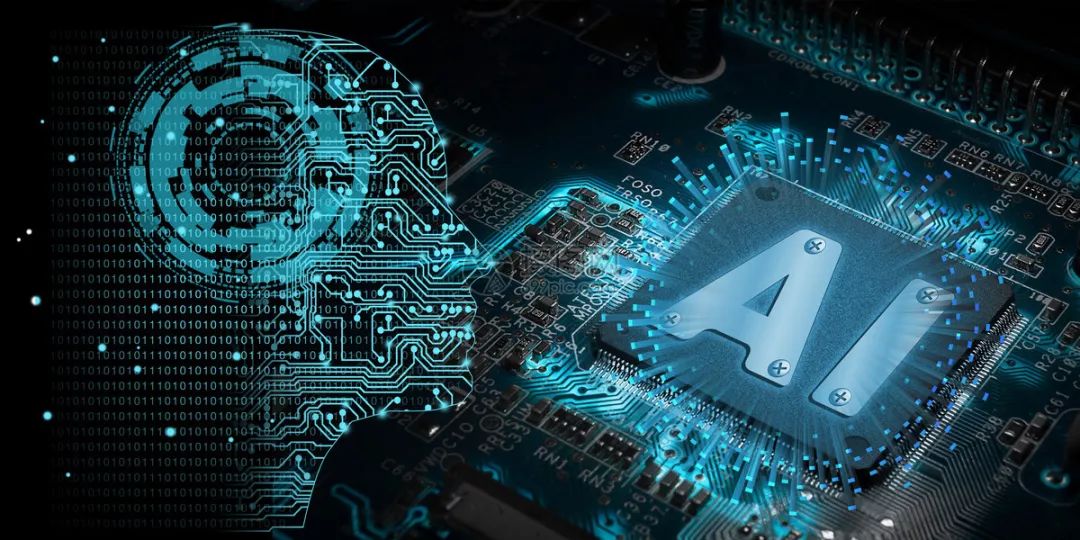Artificial Intelligence Ethical Considerations In Python
Artificial Intelligence Ethical Considerations In Python
Artificial intelligence technology has shown explosive growth in recent years and has penetrated into all aspects of our lives. From autonomous driving to medical diagnosis, from personalized recommendations to language translation, AI technology is reshaping our world. As the dominant language in artificial intelligence development, it has become the first choice tool for AI researchers and developers because of its concise grammar, rich libraries and smooth learning curve. However, with the widespread deployment of AI applications, the ethical issues related to it are becoming increasingly prominent. Issues such as data bias, opaque decision-making, and privacy violations have attracted widespread attention from the public and academic circles. This article will explore the ethical challenges faced in artificial intelligence development and how to address them through specific tools and best practices.The quality of an AI model depends to a large extent on the quality of the training data. If there are biases in the training data, the model will most likely copy and amplify these biases. For example, a recruitment AI, if trained primarily on historical data, may continue historically gender or racial discrimination.
1. Introduction
Artificial intelligence technology has shown explosive growth in recent years and has penetrated into all aspects of our lives. From autonomous driving to medical diagnosis, from personalized recommendations to language translation, AI technology is reshaping our world. As the dominant language in artificial intelligence development, it has become the first choice tool for AI researchers and developers because of its concise grammar, rich libraries and smooth learning curve. However, with the widespread deployment of AI applications, the ethical issues related to it are becoming increasingly prominent. Issues such as data bias, opaque decision-making, and privacy violations have attracted widespread attention from the public and academic circles. This article will explore the ethical challenges faced in artificial intelligence development and how to address them through specific tools and best practices.
2. Ethical challenges in artificial intelligence development data bias and fairness issues
The quality of an AI model depends to a large extent on the quality of the training data. If there are biases in the training data, the model will most likely copy and amplify these biases. For example, a recruitment AI, if trained primarily on historical data, may continue historically gender or racial discrimination.

Transparency and interpretability
Deep learning models are often criticized as "black box" and their decision-making process is difficult to understand. In key areas such as healthcare, finance, and law, opacity in model decisions can lead to serious consequences. Developers need to consider how to make the decision-making process of AI systems more transparent and explainable.

Privacy protection and data security
AI systems often require a lot of data to be trained, which may contain sensitive personal information. How to protect user privacy while gaining useful insights is an important ethical challenge.

Responsibility and accountability mechanism
Who should be responsible for this when AI systems make wrong decisions? Is it a developer, an organization that provides data, or an organization that deploys systems? Establishing a clear responsibility attribution mechanism is crucial to ensuring the reliability and security of AI systems.
3. Ethical tools in libraries and frameworks: Solving machine learning bias
is an open source library focused on evaluating and improving the fairness of AI systems. It provides a variety of algorithms to detect and mitigate bias in the model.

AI 360: Improve model transparency
IBM's AI 360 is a comprehensive toolkit that provides multiple algorithms to explain the decision-making process of AI models.

: Enhanced privacy protection
It is a library developed that provides tools to implement differential privacy in it, helping developers build a machine learning model that protects privacy.
.py: Comprehensive ethical framework
.py is a hypothetical framework (for illustration) that may provide comprehensive ethical assessment tools, including bias detection, fairness assessment, privacy protection and other features.

4. Practical case analysis ethical disputes and implementation of facial recognition technology
Facial recognition technology is controversial because of its low accuracy in recognition in specific groups of people. Developers can improve this problem by balancing training data and introducing specific algorithms.

Algorithm bias and correction methods in recommendation system
The recommendation system may strengthen users' existing preferences and form an "information cocoon". Developers can solve this problem through diversity enhancement algorithms.


Ethical decision-making and implementation in medical AI
Medical AI needs special attention to decision transparency and risk assessment to ensure patient safety.


5. Developers’ ethical responsibility code review and ethical evaluation
Developers should incorporate ethical evaluation into the conventional code review process to ensure that the AI system complies with ethical standards.

Diversified team building
Ensuring diversity in AI development teams can help identify and address ethical issues that may be overlooked.
Continuous learning and ethical awareness cultivation
The AI field is developing rapidly, and developers need to constantly learn the latest ethical knowledge and best practices.
6. Future Outlook and Development Trends of Ethical Tools in the Ecosystem
As people's attention to AI ethics increases, we can expect more tools and libraries to focus on ethical issues in the ecosystem.
Integration of industry standards and regulations
With the introduction of AI ethics regulations, developers need to understand and follow these standards and integrate compliance into the development process.

The balanced development of ethics and technology
Developers need to pursue technological innovation while maintaining attention to ethical issues and achieve coordinated development of technology and ethics.
7. Conclusion
As the main language of artificial intelligence development, it plays an important role in promoting AI ethical practice. Through tools such as AI 360, developers can build a fairer, transparent and secure AI system. However, technical tools are only part of solving ethical problems, and developers' ethical awareness, diversified team building, and sound development processes are equally important. In the future, we need to pursue technological innovation while constantly strengthening ethical practice to ensure that AI technology benefits human society. In this process, the ecosystem will continue to play a key role, providing developers with the tools and resources needed to build an ethical AI system.





